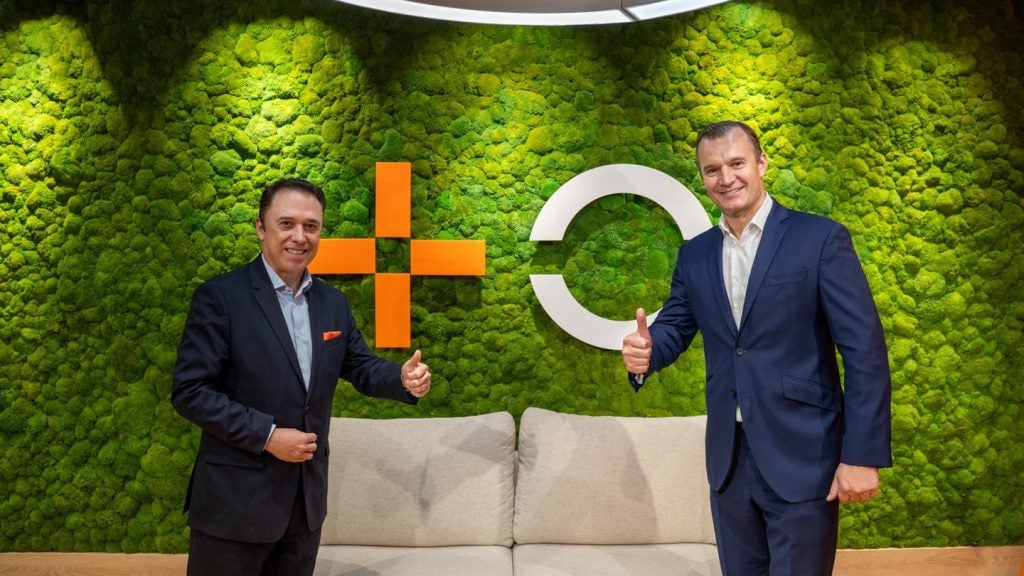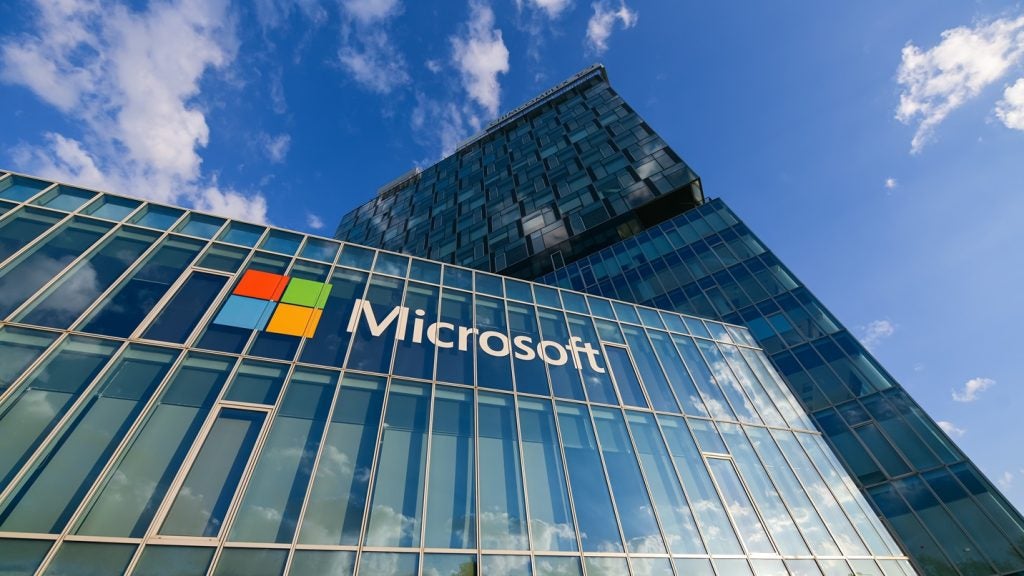
Rebellions, a South Korean artificial intelligence (AI) startup, is looking to raise around $100m from global investors to push forward the development of a next-generation AI chip.
The South Korean company wants to use capital raised, both private and government backed, to develop its “Rebel” AI chip.
The three-year-old startup is reportedly in discussion for Series B financing that could see the company valued at over $500m, according to people familiar with the talks.
Rebellions has been in talks with Japan, Hong Kong, Singapore and Europe, the sources said. It is hoping to wrap up talks by the end of this year, they added.
The startup is one of the companies looking to make the most of the rise in interest for hardware needed to run a range of AI services.
Rebellions is competing against global players like Advanced Micro Devices (AMD), as well as startups like Tenstorrent and Groq.
How well do you really know your competitors?
Access the most comprehensive Company Profiles on the market, powered by GlobalData. Save hours of research. Gain competitive edge.

Thank you!
Your download email will arrive shortly
Not ready to buy yet? Download a free sample
We are confident about the unique quality of our Company Profiles. However, we want you to make the most beneficial decision for your business, so we offer a free sample that you can download by submitting the below form
By GlobalDataFollowing the release of OpenAI’s generative AI chatbot ChatGPT in November 2023, tech investors have thrown global capital to companies developing AI services.
South Korea has set aside $615m to back AI chip designers until 2030, as it looks to develop more memory semiconductor companies domestically. The country currently relies on both Samsung and SK Hynix.
The global AI industry saw 10% growth in the number of AI-related patent applications in Q2 2023 compared with the previous quarter, according to research company GlobalData.
On an annual basis, the number of AI-related patent applications in the technology industry witnessed a rise of 46% compared with Q2 2022, the research company said.







